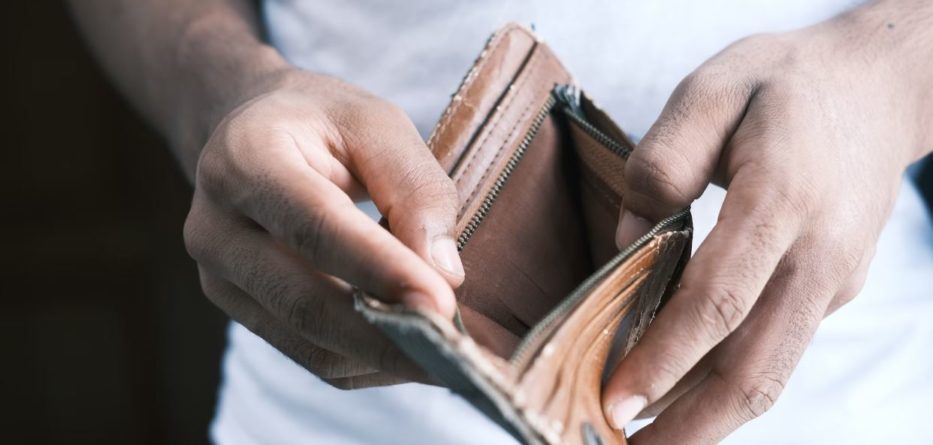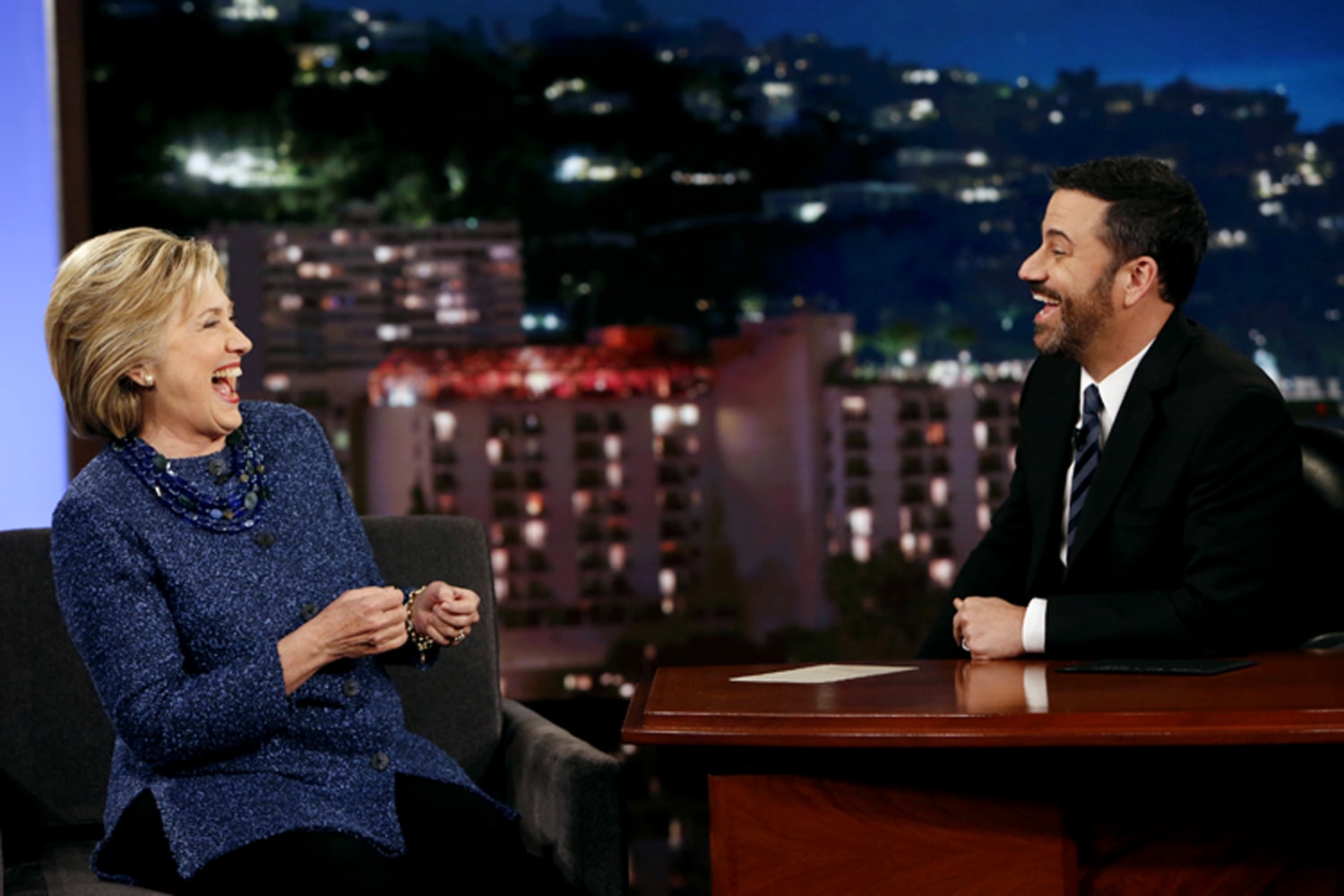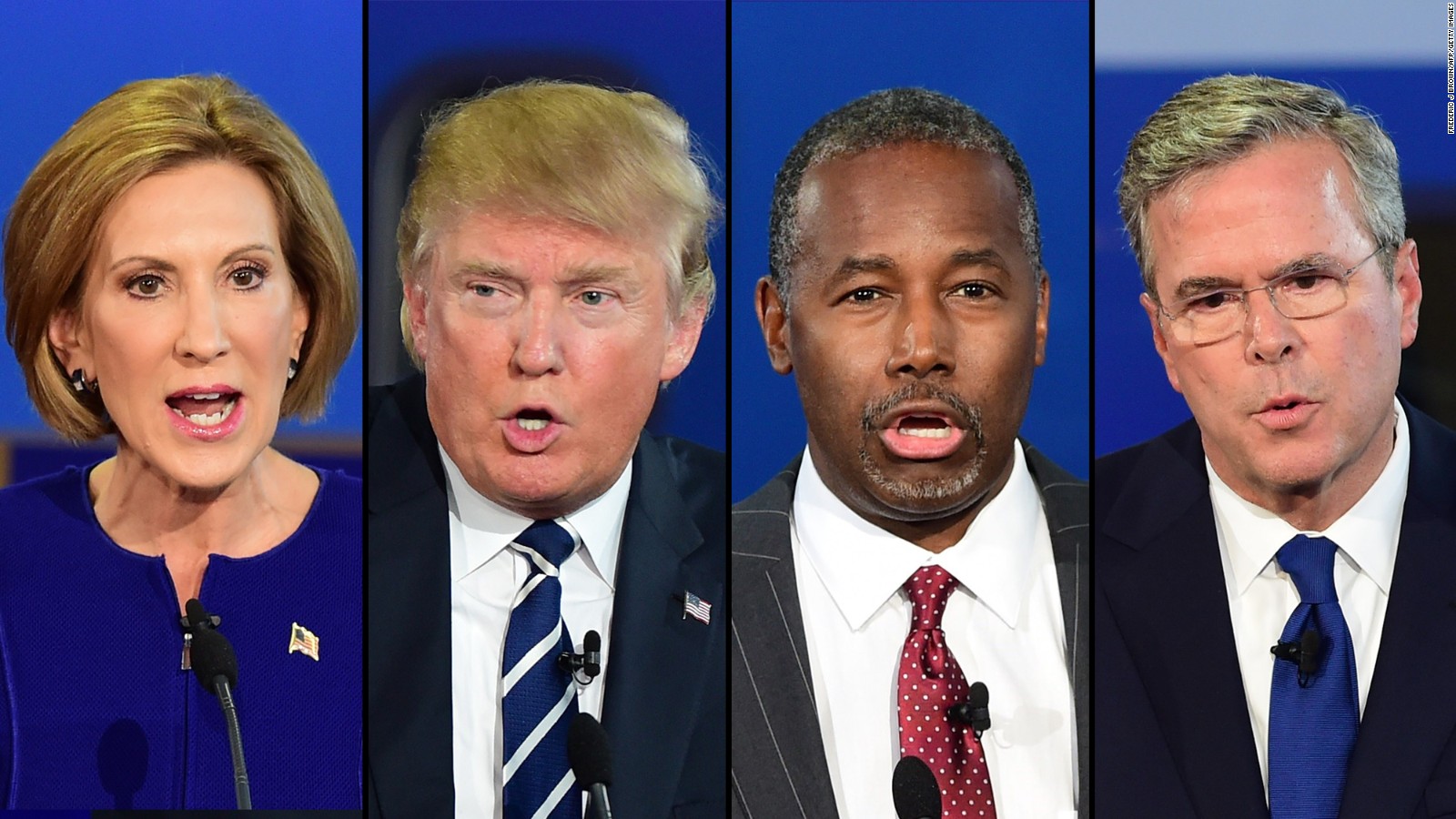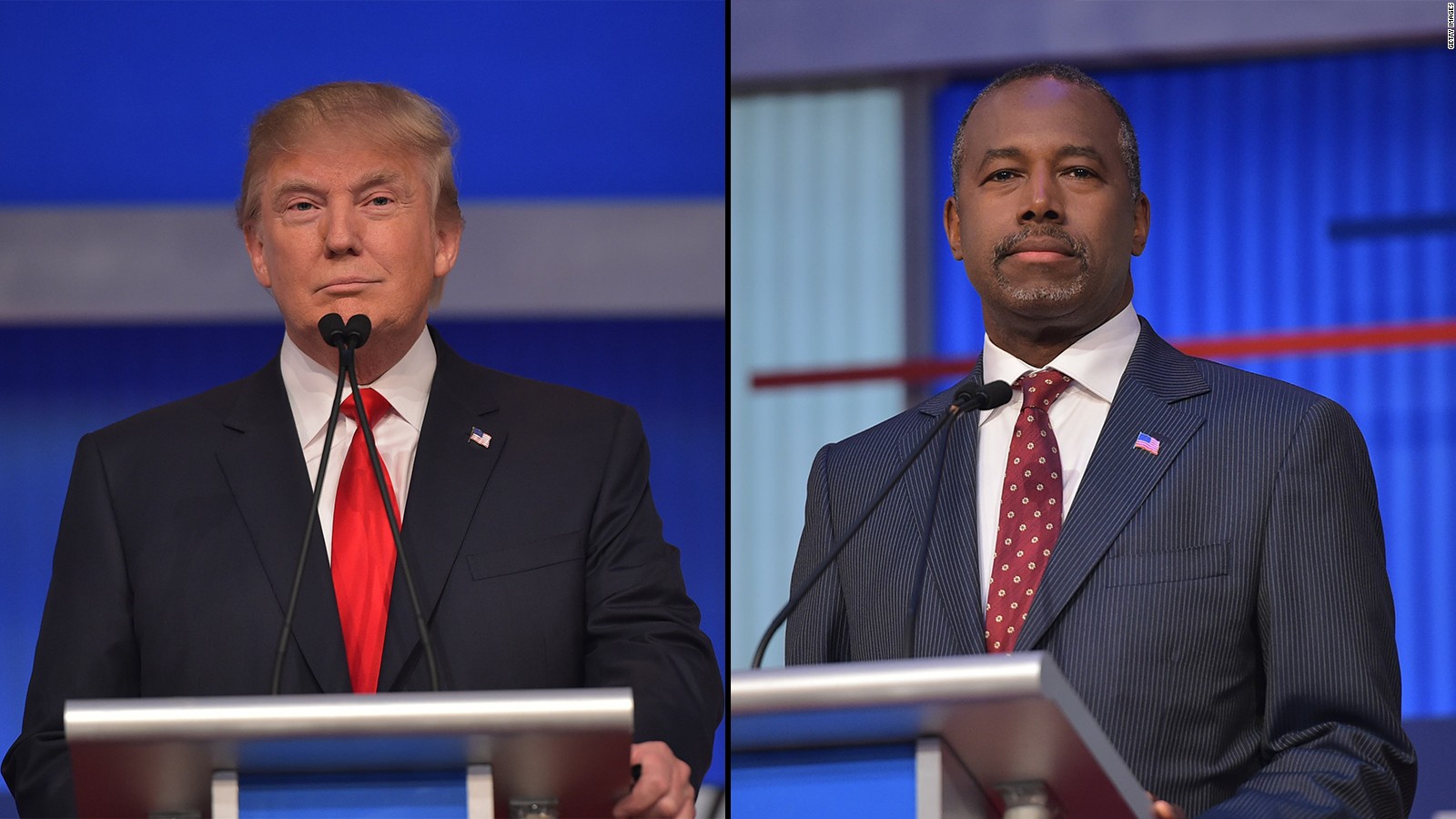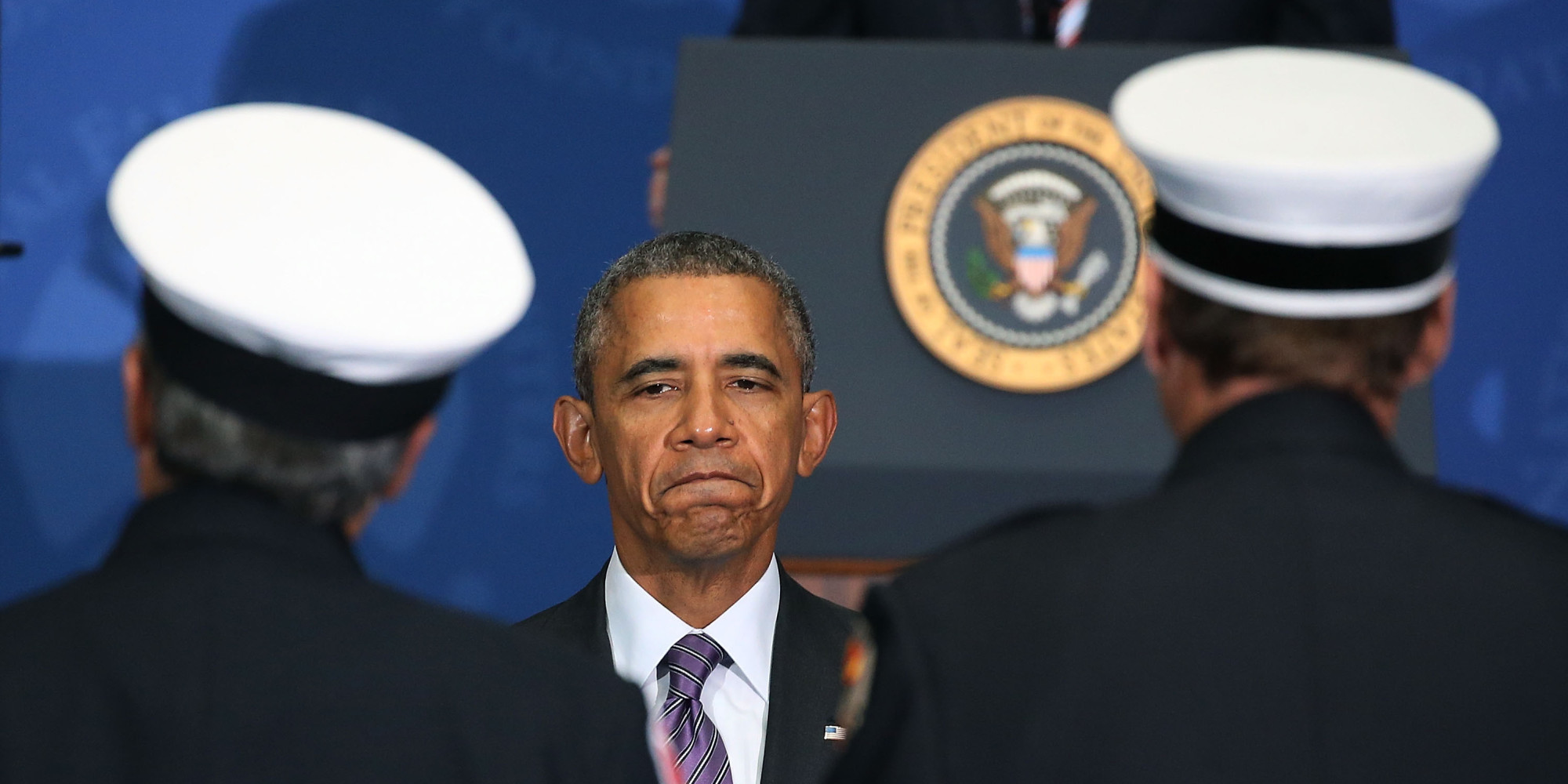Pandemic-era policies have reduced rates of poverty and lack of insurance.
According to the latest report from the United States Census Bureau, various policies implemented at the height of the COVID-19 pandemic have had a positive knock-on effect for those on the lower rungs of the economic ladder. Specifically, instances of poverty, especially child poverty, as well as uninsured individuals, are down notably.
Childhood poverty in the U.S. fell by almost half last year, according to Census Bureau data. The drop coincided with the expansion of the federal government’s child tax credit and the distribution of pandemic stimulus payments. https://t.co/fMQkHLTGY3
— The Associated Press (@AP) September 13, 2022
According to the report, child poverty dropped from 9.7% in 2020 down to 5.2% in 2021, while the overall poverty rate fell to 8% from 9.2%. Analysts have attributed much of this positive movement to the child tax credit that was instated as part of 2021’s American Rescue Plan, which provided millions of lower-income American families with tax breaks to afford familial essentials.
“They spend it on their housing, food, education, they’re able to do some of those extracurricular activities that high income families take for granted,” Center on Budget and Policy Priorities researcher Sharon Parrott told NPR. “They are investing in their kids and their families are able to make ends meet in really important ways.”
Poverty in the U.S. fell to the lowest level on record in 2021, driven by a second year of emergency pandemic aid from the federal government, the Census Bureau reported on Tuesday. The number of poor children in the country fell by nearly half. https://t.co/ZvyTcse1GX
— The New York Times (@nytimes) September 13, 2022
However, experts have cautioned that, if the pandemic policies are ended whenever COVID-19 is no longer considered a medical emergency, these improvements could be quickly reversed.
“As soon as the public health emergency is declared over – which could be as early as January – that safety net that was in that COVID relief bill goes away,” said Sabrina Corlette of the Georgetown University Center on Health Insurance Reforms. “And so we could see this historic increase in the rates of the insured be reversed.”
Antonio Banderas Reflects on 2017 Heart Attack
-
Hillary VS. Bill Democratic presidential candidate Hillary Clinton took over Jimmy Kimmel live Thursday night, delivering a relaxed performance....
-
Anything To Win Over Voters A rapping radio advertisement by Republican presidential hopeful Ben Carson was aired this past...
-
The Race Is On U.S. President Barack Obama poked fun at the Republicans field of Presidential candidates at a...
-
Highlights Boulder was defiantly a cool place to host a presidential debate but the Republicans who took the stage...
-
Round 3 Debate time!! Although many of us are going to have a hard time picking which event is...
-
Daily Dose Of Business Amazon is finally stepping up to the plate after finding out that there are just...
-
Breaking News It’s something many people were not hoping for but news has broke that American troops will be...
-
Focusing On The Issues The first Democratic debate was last night and it was safe to say there was...
-
What Happens In Vegas Stays In Vegas Some come to Las Vegas for the entertainment and others come to...
-
The Latest Twitter lovers, we have a bit of bad news to share with you because according to unnamed...
-
Meet Kimberly Bryant The Founder of Black Girl Code When you think of the word computer scientist what comes...
-
The increase will affect loans, savings, and investments The Federal Reserve Bank is raising interest rates, and this could...

